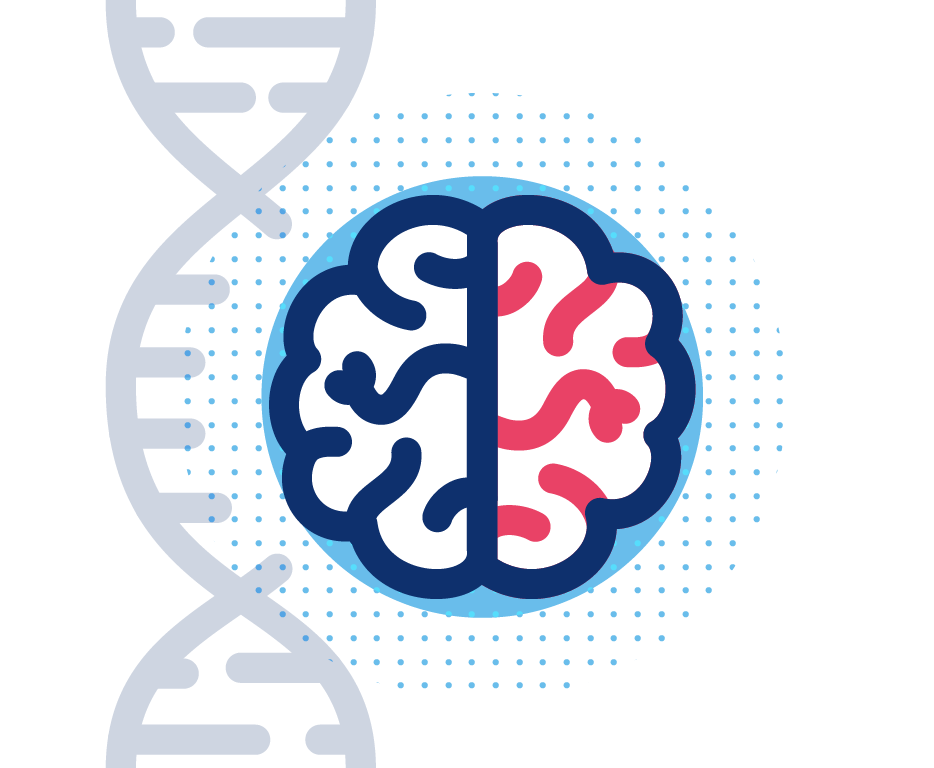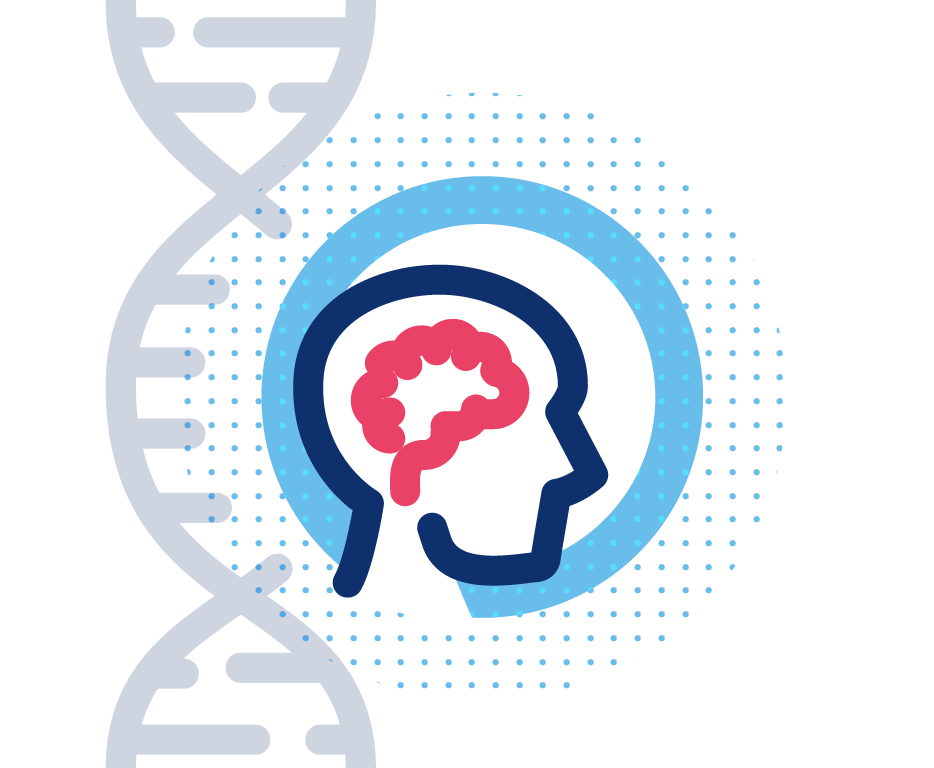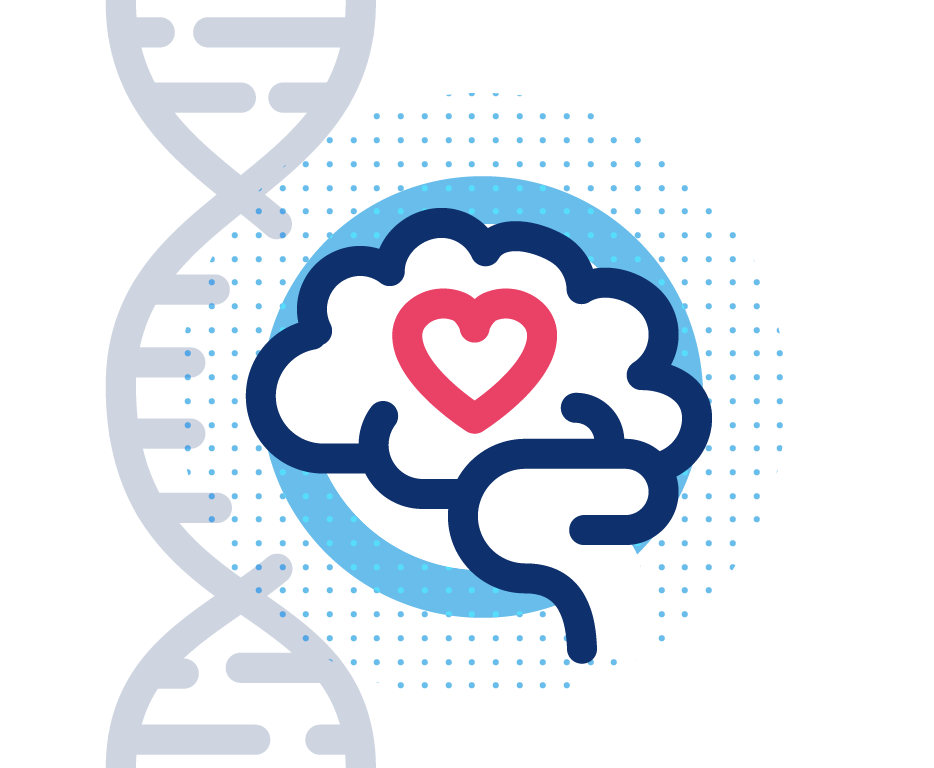In accordance with the provisions of Regulation (EU) 2016/679 on the protection of personal data of natural persons (RGPD), we inform you that the personal information you provide will be duly registered and incorporated into the data processing systems under the responsibility of:
Company Name: Euroespes S.A.
Commercial Name: EuroEspes S.A.
Registered Office: Santa Marta de Babio S/N - Bergondo (A Coruña)
CIF / NIF: A15319452
Telephone: 981780505
Fax: 981780511
e-Mail: info@euroespes.com
Registered in the Registry: R.M. of La Coruña, Volume 855, General Section, Folio 202, Page C-1635, Inscription 1ª.
Domain name: euroespes.com
Contact details of the Data Protection Delegate: delegado@euroespes.com
Genetic Testing
Las pruebas de genética predictiva permiten determinar la susceptibilidad o predisposición de una persona a desarrollar determinadas enfermedades.
El 80% de las patologías del adulto tienen una importante base genómica que determina la predisposición a padecer un problema determinado. La identificación precoz mediante pruebas genéticas permite desarrollar estrategias de prevención para retrasar la aparición de enfermedades, evitarlas o disminuir las complicaciones asociadas a las mismas.

Screening Genético Preventivo
Medicina personalizada a partir de la genética de cada persona.

Alzheimer's
El Alzheimer presenta un importante componente genético y familiar. Es clave identificar la carga de riesgo genético a fin de poder implementar una estrategia de prevención.

Parkinson
Análisis de marcadores de ADN relacionados con la enfermedad de Parkinson para determinar la susceptibilidad de padecer la enfermedad.

Enfermedad Cerebrovascular
Análisis de variantes genéticas localizadas en genes relacionados con el riesgo de sufrir ictus o hemorragia cerebral.

Enfermedad Cardiovascular
Prueba para identificar la presencia de variaciones en la secuencia del ADN con el objetivo de valorar el Riesgo Genético al desarrollo de una enfermedad cardiovascular.

Obesity
Análisis de los genes que intervienen en tres mecanismos fisiológicos reguladores del peso corporal: eficiencia energética, control de apetito y metabolismo lipídico.

Control de Apetito
Estudio de los genes implicados en la modulación de las señales de saciedad a largo plazo con el fin de implementar estrategias de prevención de la obesidad.

Eficiencia Energética
Riesgo de desarrollo de obesidad por alteraciones en genes que se expresan en el tejido adiposo: genes reguladores del crecimiento y del gasto energético.

Metabolismo Lipídico
Identificación de las variantes genéticas implicadas en la modificación de los niveles colesterol en sus distintas formas, y su contribución como factor de riesgo de obesidad.

Hipertensión
Análisis de la presencia de variaciones en la secuencia del ADN con el objetivo de valorar el Riesgo Genético al desarrollo de Hipertensión.

Inflamación
Análisis de variantes en la secuencia de ADN de genes relacionados con procesos inflamatorios.

Intolerancias Alimentarias
Identificación del riesgo genético de desarrollo de intolerancia al gluten, la lactosa o la fructosa.

Thrombosis
Análisis de variantes genéticas relacionadas con el riesgo incrementado de problemas de coagulación y trombosis.

Enfermedades Oftalmológicas
Identificación del riesgo genético de desarrollo de Degeneración Macular Asociada a la Edad (DMAE) y/o Glaucoma Pseudoexfoliativo.

Síndrome Metabólico
Valoración genética del riesgo de alteraciones metabólicas que suponen un aumento del riesgo de desarrollo de una enfermedad cardíaca, un accidente cerebrovascular o una diabetes tipo 2

Hemocromatosis Hereditaria
Riesgo genético al desarrollo de Hemocromatosis Hereditaria, enfermedad metabólica resultante de una acumulación excesiva de hierro en la sangre, el hígado, el corazón y otros órganos.

Hiperucemia y Gota
Análisis de variantes genéticas asociadas al riesgo de Hiperuricemia.

Covid-19
Valora el riesgo genético de infección por COVID-19, así como la probabilidad de sufrir complicaciones relacionadas con la enfermedad.

